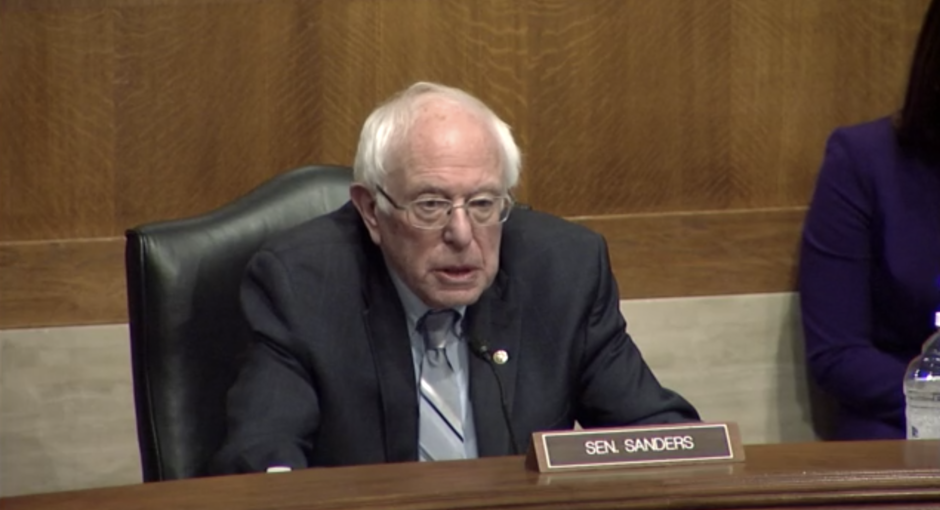A few years ago, there was hope that congressional Democrats and Republicans and the Trump administration would unite and enact legislation addressing the high price of prescription drugs.
It never happened. House Democrats passed a far-ranging drug pricing bill in December 2019, but it was ignored by the Republican-controlled Senate. The Senate Finance Committee’s Republican chair and ranking Democrat introduced a bipartisan bill that shared some of the House bill’s elements. The committee passed the bill, but then Senate Majority Leader Mitch McConnell (R-Ky.) declined to bring it to the floor. Its drafters, Sens. Chuck Grassley (R-Iowa) and Ron Wyden (D-Ore.) had a falling out in July 2020 when Grassley, in an unsuccessful attempt to bring something to the Senate floor before the November election, introduced a watered-down version.
Federal action to lower prescription drug prices remains a top priority for the public, according to a Politico/Harvard T.H. Chan School of Public Health Poll taken in December. Eighty-seven percent of adults said it is extremely important, ranking it second only to “enacting a major COVID-19 relief bill,” which Congress and President Biden accomplished earlier this month.
Today, the new session of Congress is taking its first big step back on the drug pricing trail. The Senate HELP Committee, which has direct jurisdiction over the 340B program, is holding a subcommittee hearing today. The Senate Primary Health and Retirement Security Subcommittee, which is chaired by Sen. Bernie Sanders (I-Vt.), will be asking why the United States pays the highest prices in the world for prescription drugs. 340B Report is covering the hearing. Giving Medicare the power to negotiate drug prices with manufacturers is expected to be a key focus. It is unclear if the 340B program will be raised.
Neither last session’s House bill (H.R. 3) nor the first (S. 2543) or second (S. 4199) versions of the Senate Finance bill has sections specifically pertaining to the 340B program. All, however, had identical language that would have limited Medicaid managed care reimbursement for prescription drugs to ingredient cost plus a dispensing fee. 340B covered entities bill Medicaid managed care organizations for 340B-purchased drugs at negotiated rates, typically at above their cost. Having to bill Medicaid MCOs for 340B drugs with no mark-up would lead to a significant drop in revenues to support their safety-net missions, they say, and would be contrary to the 340B program’s intent.
After the legislation moved forward with little fanfare from 340B provider groups, these organizations raised significant concerns about the provisions and are hopeful that this particular element of the bill will be modified or dropped.
Last month, during the Senate Finance Committee’s hearing on Xavier Becerra’s nomination to serve as U.S. Health and Human Services (HHS) secretary, Grassley asked Becerra if he knew whether the Biden administration would back a bill like the one he and Wyden co-sponsored, or whether it wanted “something a lot stronger from the Democrat point of view.”
“I would tell you this,” Becerra answered. “There’s no doubt that President Biden wants to see us lower the price of prescription medicine, and he and his team—if I am fortunate enough to be part of that team—will be working with you on a bipartisan fashion to reach a solution.”
In the House, news organization Politico reported on Friday that Democrats are discussing whether to include H.R. 3 in a forthcoming budget reconciliation bill that Senate Democrats could pass without Republican support.
Some stand-alone bills addressing 340B matters have been introduced in this session of Congress and possibly could be folded into bigger drug pricing, budget, or pandemic/economic relief bills.
U.S. Reps. Peter Welch (D-Vt.) and David McKinley (R-W.Va.) in February reintroduced bipartisan legislation in the U.S. House to give 340B rural and free-standing cancer hospitals access to 340B pricing on orphan drugs when the drug are used for common conditions. Earlier this month, a bipartisan group of six U.S. senators reintroduced legislation to protect hospitals from losing eligibility for 340B drug discounts during the COVID-19 pandemic. Other bills addressing 340B are possible.


